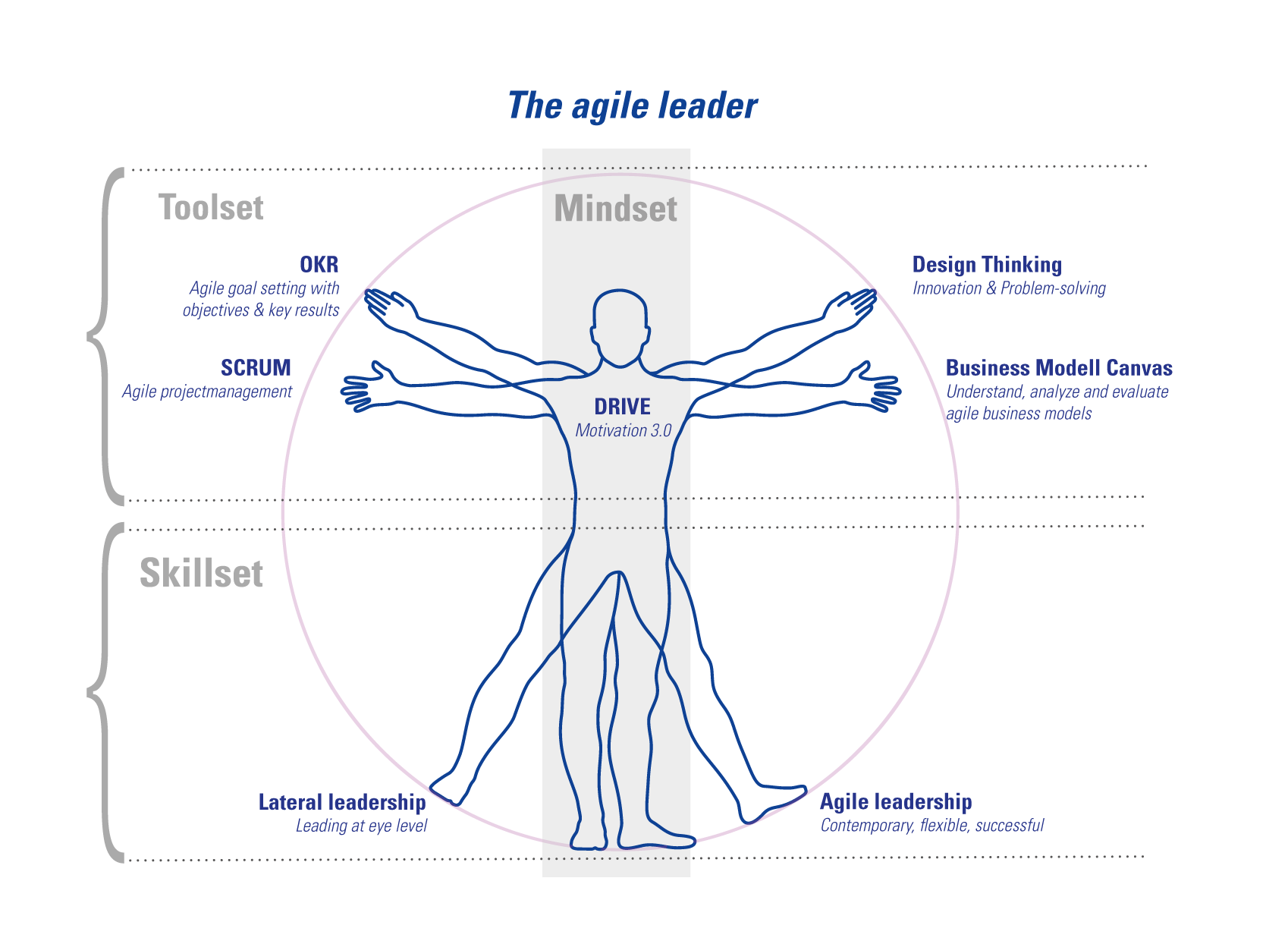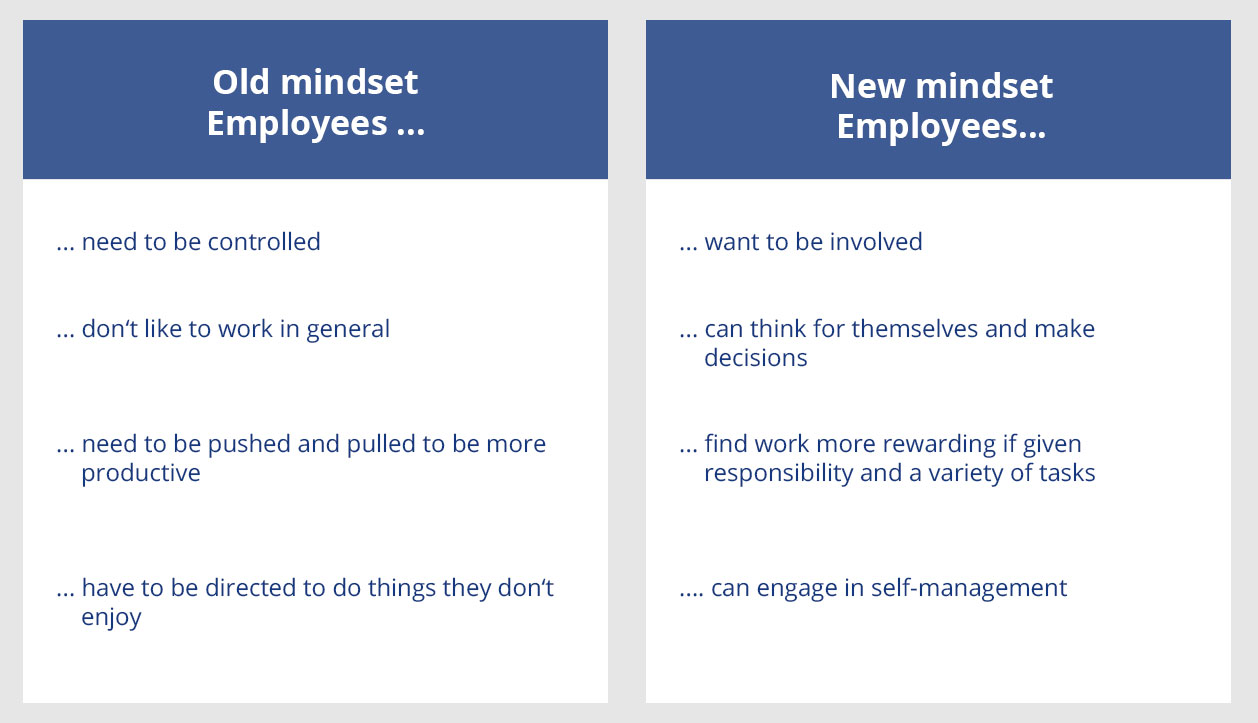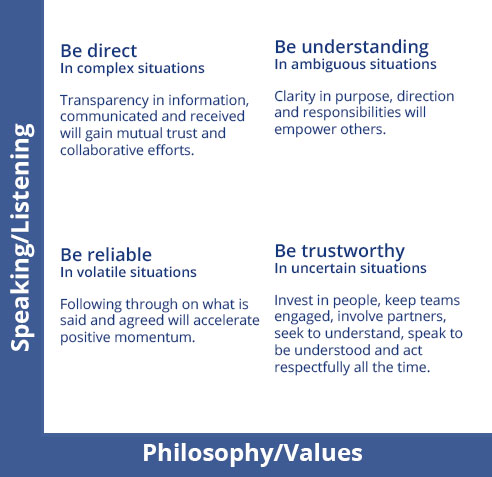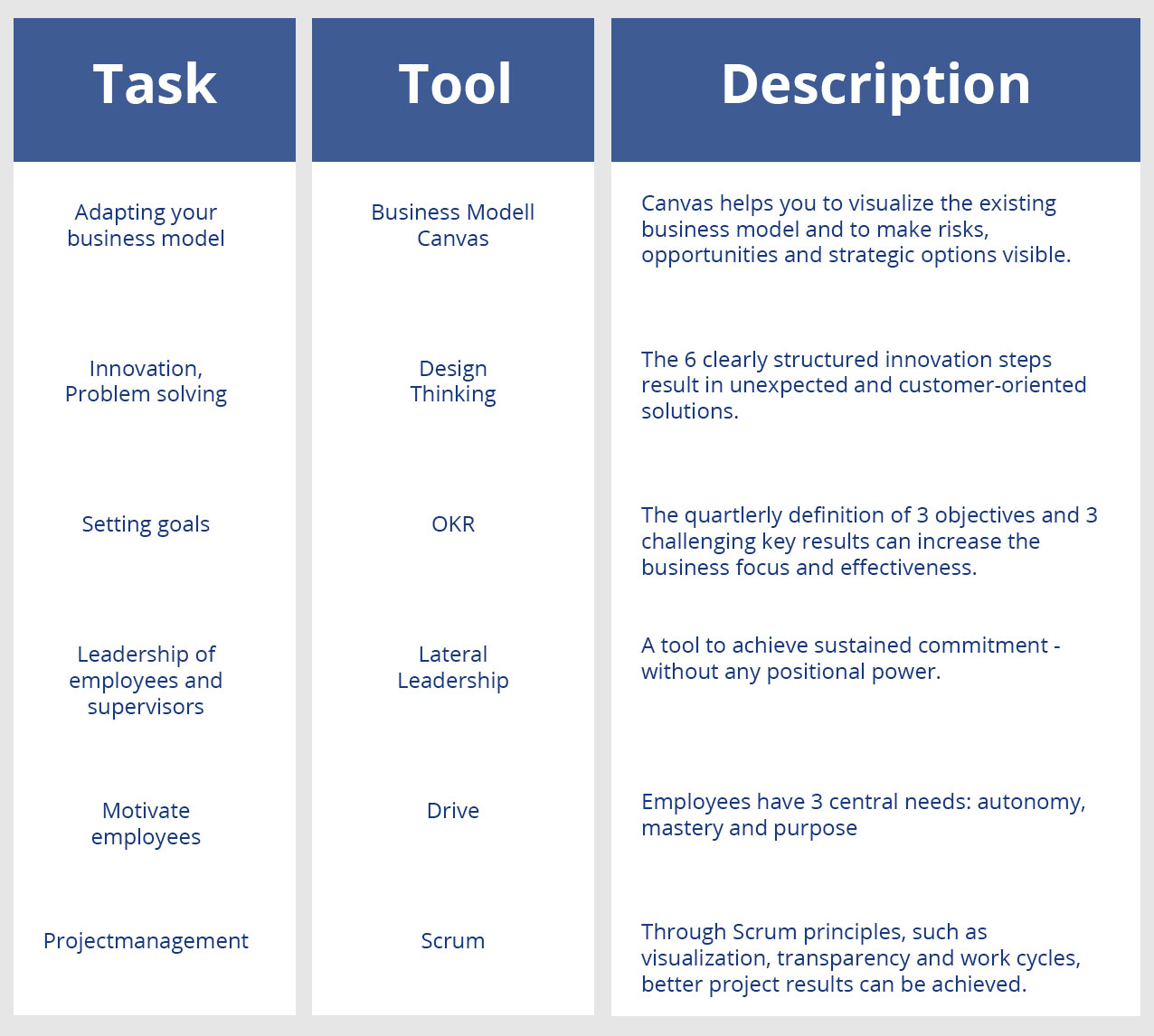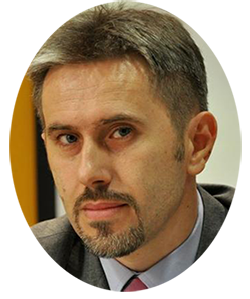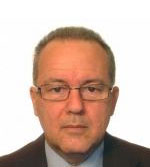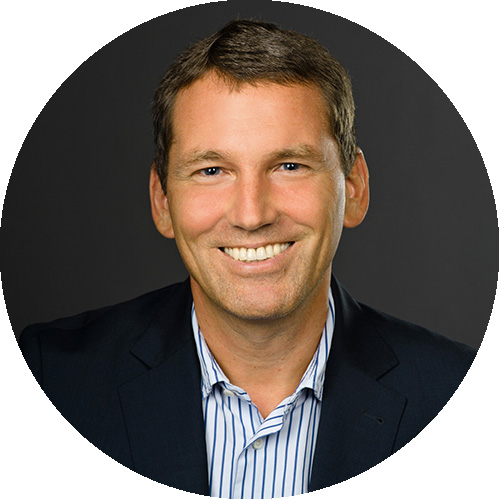
International leadership development – Insights from United States and Ukraine
Interview with leadership expert Nataliya Sergiyenko
What are – according to your opinion – the biggest challenges for companies in the United States and Europe?
In my opinion, the biggest challenge in the US is to become client oriented externally and internally. Probably, the US is one of the best countries in the world when it comes to “organizing activities” and processes, especially online. The organizations in the US have tons of information about their clients – if you buy food for your pet for instance – they take your telephone number and email. You buy show tickets online – give them names, addresses, telephones etc. But at the same time, they never make use of it and never ask you what type of pet that you have in order to sell you something else or to strengthen their customer relations. Just a few of those companies try to make a real contact with the customer. We had an experience like this. A month after we bought a new car, the car company gave us additionally a 30-minutes session in order to help us understand how to use all the electronics inside the car. The lady from the company, let’s call her the instructor, was following her procedure. After a while, I forgot the questions which I wanted to ask and didn’t’ buy some additional electronic devices which I really wanted to buy in the first place. Why? Because nobody asked me what I really wanted. In USA they do not offer reprogramming services of car electronics after the car is sold. The car company would win if they would have it in the procedure – “make a contact with a client, ask him/her questions about the needs” and give him what he wants. At the same time, sure, this is a subjective point of view of a newcomer to this huge and rich country.

American companies have to start putting more effort in their customer relationship management and not only collecting information about their customers
For Europe, as it consists of so many different countries, I wouldn’t be able to name one distinctive challenge for the whole continent. But I can talk about Ukraine – the country of my origin, which becomes more and more being the part of European Union. The biggest challenge for Ukraine is to allow young, well-educated, ambitious people to grow professionally inside their own country. For the last 3 years, nearly 4 million people left the country to work abroad.
Ukraine is perceived as a country with well-educated young people especially in the field of software development. One of my clients for instance – a software development company based in Lviv – is growing rapidly. The company has probably now more than 5000 employees. Their customers are mostly situated in the USA. They try to be so much internal customer oriented, and try to create and save their unique culture to attract and to retain talents.
“Nice to have” or a strategic factor of success: How do you experience that organizations in the USA and Ukraine view (international) leadership development at the moment and how will that be in the future?
It is still a question – how much leadership is an inborn trait, and how much one can learn to be a leader. Let’s suppose that anyway some characteristics are inborn and some characteristics the environment supports, based on the values of the environment. In the US – right from the elementary schools and further – they try to teach and support respect, honesty, loyalty and the ability to follow the rules. And this is great! At the same time, there are many situations where you should speak up, demand higher standards, and reveal yourself. You should not be afraid to be different – this is important if you want to be a leader. Just remember famous American leaders – Martin Luther King with his “I have a dream” speech. Or Steve Jobs who was crazy demanding high standards on everything his people were doing.
“Nice to have” for the US organizations – they should support their people to go beyond the expected rules and procedures. Probably, what I’ve seen in the US, many companies work on stable markets. To go beyond, it’s about changes and development. But if you do not grow, one day the market will kill you.
How is the situation in Europe? Well, the amount of international business headquarters situated in Europe is tremendous. When they operate in their home countries – which again are stable markets – the leader is a person who is able to support the status quo. When these companies go to the growing markets – they need another type of leadership. The challenge here is to manage the transfer from a stable environment while to a flexible and changing environment. “Nice to have” is to stop trying multiplying strategies and approaches which worked for them in the past. The future is different.
Working as an international trainer – the challenges and the skills you need
What is most important when working as a trainer on an international level and what skills does it take?
To be flexible. Be able to follow before leading. To develop your “sixth sense” – research cultural differences, be attentive and to be sensitive enough to adapt your training to the group you are working with. Once I got an advice from a local taxi driver in Uzbekistan – do not make any critical comments – any at all. It worked, the group blossomed for me like a wonderful lotus. On the second day, they were ready to help each other and give confrontational feedback.
Can you think of any typical challenges and maybe think of some challenging moments you’ve experienced during a training?
Cultural differences, “the training traditions” and different languages, especially the idioms, are the most typical challenge for me. One American group I’ve worked with used so many idioms that I can still remember some of them. For instance, they said their company had to “reinvent the vows”. Usually, when people marry they give each other “vows” – promise to love and take care. So, their 50 years old company had to look at what they promised at the start, and, probably change something to answer the needs of their current customers.
What can help as a trainer is to prepare the slides of the flipchart with written rules and tasks if English is not the first language for the group. My MDI colleagues are doing a wonderful job creating some Power point slides with a vocabulary list in case we give a group some sort of bright metaphors or stories with unusual or uncommon words and terms.
And then there is also a difference of the room set-up between different groups. Some training groups prefer to sit around a big table with their laptops. Other groups are ready to have an open space training without any desks inside. Psychogeography (the location of people and subjects in the space) influences a lot of the training path.
How much does the digitalization really influence the training industry?
In times of the unstoppable digitalization – do you think that classroom trainings will vanish completely at some point? And according to your experience: do you think that e-learning solutions are more developed in the US than in Europe?
I do not think they “vanish completely”. But in the nearest future, a huge part of the training content will be digital. It is the same tendency for Europe, the USA and for Ukraine, as well. Sure, Ukraine has fewer resources for it to happen quickly. But in Ukraine, we are highly oriented on gamification of such sort of digital education, especially in IT companies.
How does the digitalization affect the training industry in general? Which changes/processes are happening at the moment and do you think that companies are ready for this change?
Right now we as training and development companies/specialists need to develop a new set of skills and competencies. Briefly, it is the ability to create useful and engaging digital content. It’s much more being a scenario writer. We need to be able to understand what picture we will put on the screen. Well, probably we need to learn from Hollywood now.
According to your opinion: What will be the biggest challenge for the training & development industry in the next 5 to 10 years?
The world changes faster than the industry. In order to survive and win, the training industry has to learn faster than the other business world. To learn faster doesn’t mean to run quickly. It means the training industry has to find a creative way of doing it. This is the main challenge.

About the interview partner:
Nataliya Sergiyenko is working as a trainer for more than 15 years and is focused on providing business-trainings for multinational companies. Last year, she left her home country Ukraine and moved to Texas, where she is continuing with working as a trainer for sure. Why she loves being a trainer? “I love to learn. On trainings, participants share their unique experience and knowledge. We have a lot of WOW moments”
What serves you next?
Leadership Training and Coaching in the Middle East
Laurie A. Santos is originally from California but moved abroad more than 10 years ago and was living in different European and African countries before moving to Kuwait in 2009. She was working there for 7 years and is currently living in the Netherlands. We talked to her about leadership development in the Middle East, how the situation changed since she started working there and the differences between organizations in Kuwait in Europe.
Leadership development in South Africa
South Africa is famous for its cultural diversity, the warm hospitality of the people and an impressive wildlife. Although, the country doesn’t have an easy past. Intercultural conflicts are still noticeable in many different situations. We asked Gerard Le Sueur, who is working as a trainer for more than 20 years, about the current challenges, “African leadership” and the differences to Europe.
Leadership development in Serbia
Darko Tot is trainer at MDI and has already more than 10 years of experience in leadership development. When he started working as a trainer, development measures were more seen as a punishment than a benefit for the person. We talked with him about how the situation looks like at the moment, the biggest challenges for organizations in Serbia and international leadership development in General.











![How to lead a business through the digital transformation [Development approaches]](https://blog.mdi-training.com/wp-content/uploads/2018/01/Führung-in-der-digitalen-Transformation-1080x300.png)
